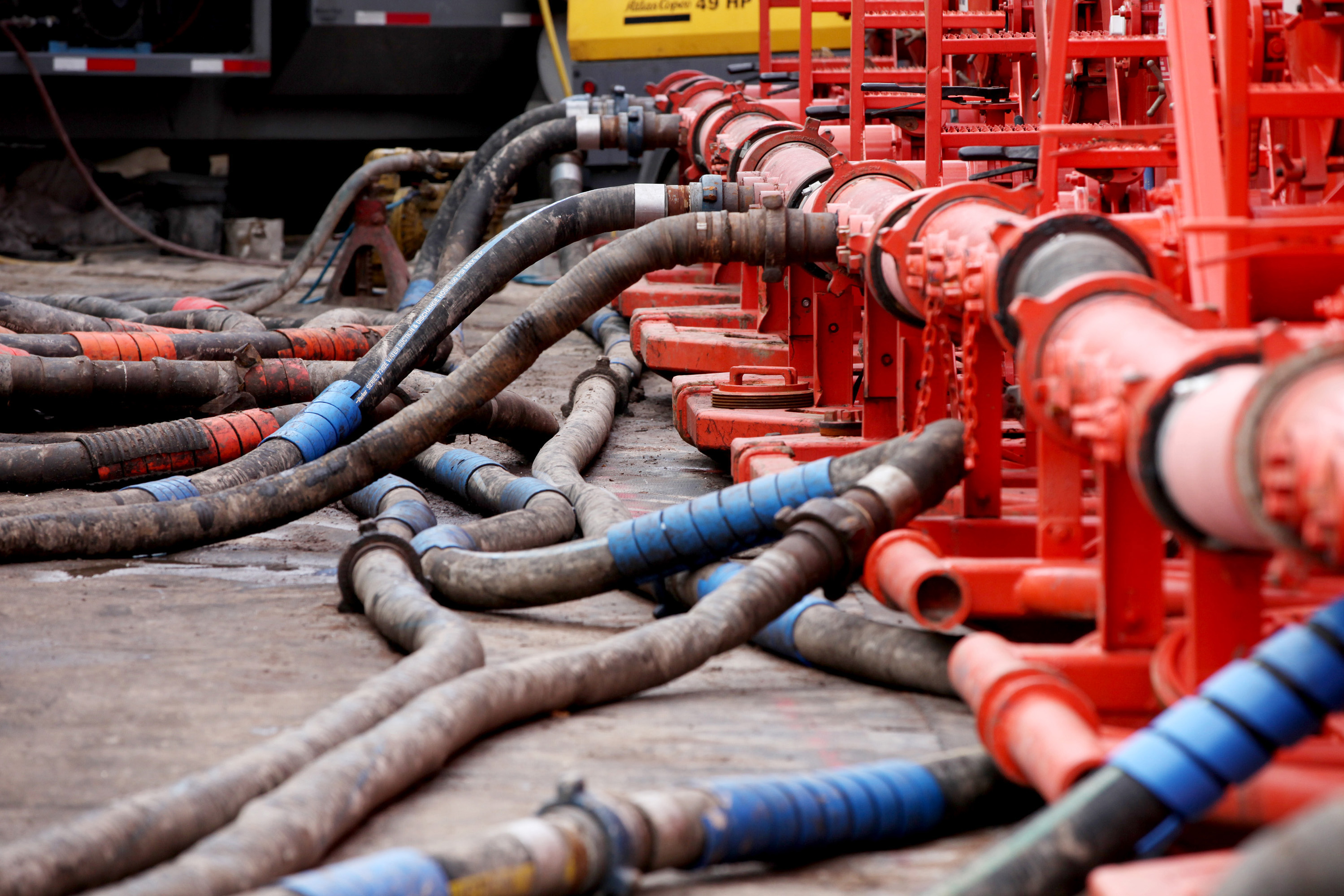Rising demand for energy, from biofuels to shale gas, is a threat to freshwater supplies, according to a United Nations report released Friday.
The report urged energy companies to do more to limit their use of water in everything from cooling coal-fired power plants to irrigation for crops grown to produce biofuels.
"Demand for energy and freshwater will increase significantly in the coming decades," U.N. agencies said in the World Water Development Report. "This increase will present big challenges and strain resources in nearly all regions."
By 2030, the world will need 40 percent more water and 50 percent more energy than now, the report said. Water is under pressure from factors such as a rising population, pollution and droughts, floods and heat waves linked to global warming.
Around the world, about 770 million of the world's 7 billion people now lack access to safe drinking water, it said. And the energy sector accounts for about 15 percent of water withdrawals from sources such as rivers, lakes and aquifers.
"This interdependence calls for vastly improved cooperation" between water and energy, said UNESCO head Irina Bokova.
The report lamented the water sector's lack of influence compared to what it called the "great political clout" of energy. March 22 is World Water Day in the U.N. calendar.
All energy production uses water, often as a coolant, it said. The least amount of water is used in wind and solar power, while heavy users include hydraulic fracking to produce shale gas or the extraction of oil from tar sands.
The report said that hydropower dams are sometimes built with little thought for other water users, and it urged caution about biofuels, partly because of water use required for irrigation.




















With your current subscription plan you can comment on stories. However, before writing your first comment, please create a display name in the Profile section of your subscriber account page.